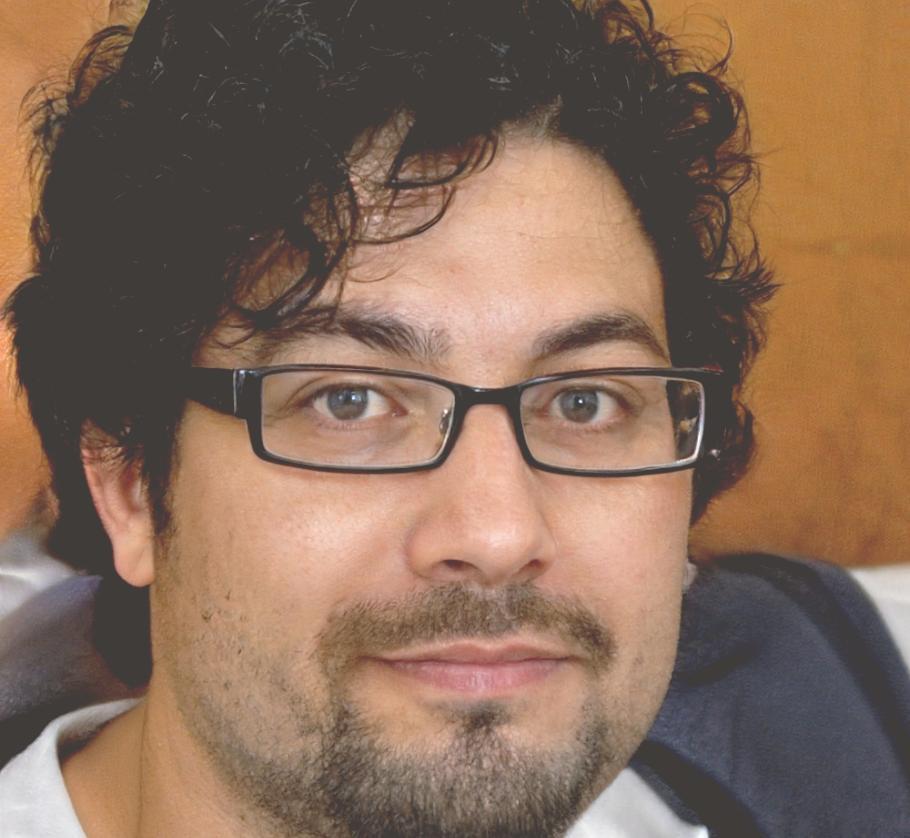Master Your Finances with Expert Guidance
Our autumn 2025 program combines hands-on expense tracking techniques with personalised mentorship. You'll work directly with professionals who've spent years helping Australians gain financial clarity.
Enquire About September IntakeLearn from People Who've Been There
Our instructors aren't just teachers—they're practitioners who understand the real challenges of expense management.

Fergus Brennan
Personal Finance Specialist
After sorting out his own messy finances in 2018, Fergus started helping mates do the same. Now he runs workshops across Melbourne, showing people simple ways to track spending without drowning in spreadsheets.

Marlowe Keating
Budget Analysis Coach
Marlowe spent a decade working in corporate accounting before switching to teaching. She focuses on the psychological side of spending—why we make certain choices and how to shift habits that don't serve us.

Stellan Huxley
Systems Design Mentor
Stellan's background is in data systems, but he applies that thinking to everyday money management. He'll show you how to build a tracking system that actually works for your life, not against it.

Casimir Roscoe
Financial Habits Consultant
Casimir works with people one-on-one to identify where money's slipping through the cracks. His approach is practical and judgment-free—he's seen every financial mishap and knows most of us are doing our best.
Common Roadblocks and How We Address Them
Over the years, we've noticed the same struggles come up again and again. Here's what trips people up—and what we do about it.
Too Many Tools, Not Enough Consistency
People download five different budgeting apps, use three spreadsheets, and then abandon all of them within a month. The problem isn't willpower—it's system overload.
Our Solution
We help you pick one method that fits your actual routine. Then we spend time building the habit through small, repeatable actions. By week four, tracking feels automatic rather than forced.
Vague Categories That Hide the Truth
When everything goes into "miscellaneous" or "groceries," you can't spot patterns. You know you're spending money, but you don't know where it's actually going.
Our Solution
We walk you through setting up meaningful categories based on your life. Coffee isn't groceries. Subscriptions aren't utilities. Once you see accurate breakdowns, decisions become clearer.
Analysis Paralysis
Some folks get so caught up in optimising their tracking system that they never actually use it. Perfect becomes the enemy of done.
Our Solution
We start simple and add complexity only when needed. Week one is about capturing basic transactions. You'll refine from there based on what you learn about your own patterns.
Quick Wins You Can Start Today
Small changes that make a difference before you even join a program.
Track One Week Honestly
Don't judge, just write down every transaction for seven days. You'll spot patterns you didn't know existed.
Set Up Separate Accounts
One for bills, one for spending. Physical separation makes mental budgeting easier.
Review Weekly, Not Daily
Checking every day creates anxiety. Once a week gives you enough data without obsession.
Start with Three Categories
Essentials, wants, and savings. You can always break these down later, but begin simple.
Use Round Numbers
Budget in hundreds, not precise amounts. Makes calculations faster and reduces friction.
Automate What You Can
Set up automatic transfers for savings and bills. Removes decision fatigue from the equation.
How Our Teaching Approach Actually Works
We don't lecture at you for hours. Instead, you'll work through your own finances with guidance at each step. Think of it as co-working with someone who's done this hundreds of times.
Classes run for eight weeks starting September 2025. Each session is two hours—one hour of instruction, one hour of hands-on practice. Between sessions, you'll apply what you learned and bring questions to the next meeting.
- Small groups of six to eight people for personalised attention
- Work on your actual expenses, not hypothetical examples
- Access to instructors between sessions via email
- Optional one-on-one check-ins if you need extra support
- Materials stay with you—revisit anytime after the program ends
